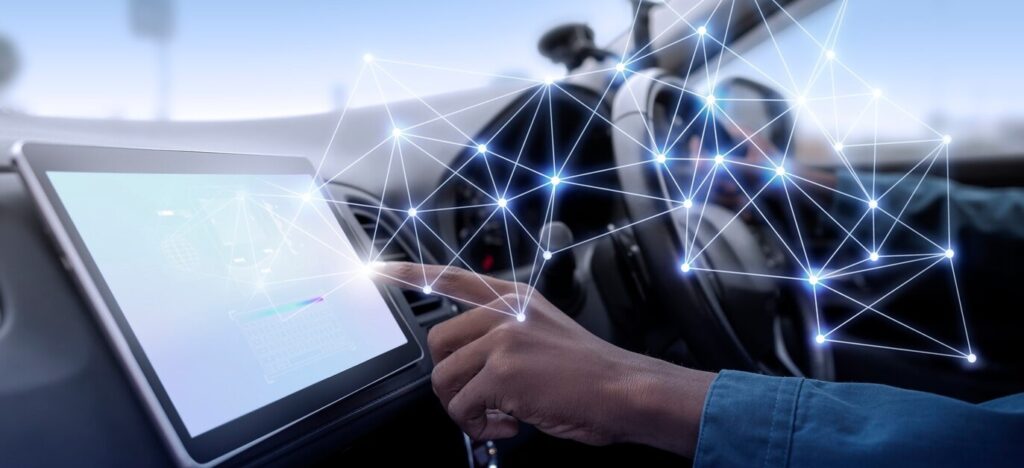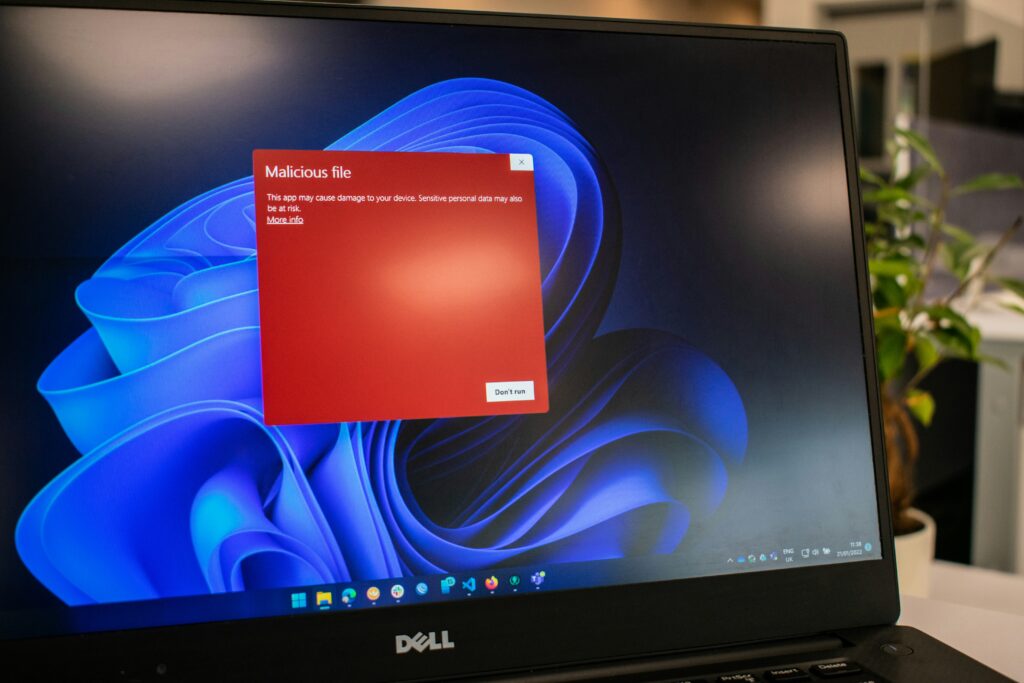Some Quick Tips for Speeding Up Your Computer
I don’t have a whole lot of exposition for this one. I’m just going to drop a few quick tips so you can have some extra time to mow your lawn/walk your dog/clip your toenails/etc.
- If you’re looking to get some extra mileage out of an old computer or your newer computer doesn’t seem to have as much pep as you think it should, you can go into Task Manager and check the Startup tab to see if any applications are set to start up automatically with your computer. Here are some general rules of thumb for those who aren’t tech-savvy.
- Video conferencing apps (Webex, Zoom, GoToMeeting, etc.) generally don’t need to start up automatically unless your company uses it for phone/internal communication.
- Storage applications like OneDrive and Dropbox should be set to start up automatically if you actively leverage them. Also, note that Sharepoint is reliant on the OneDrive application, so leave that enabled if you have SharePoint folders synced.
- If you can’t identify a program in the list based on name, it’s usually best to leave it enabled.
- Uninstall Mcafee and install a different antivirus. It tends to bog down computers more than other antiviruses and comes preinstalled on many computers, especially consumer-level ones. Bitdefender is generally a safe bet as a premium replacement.






